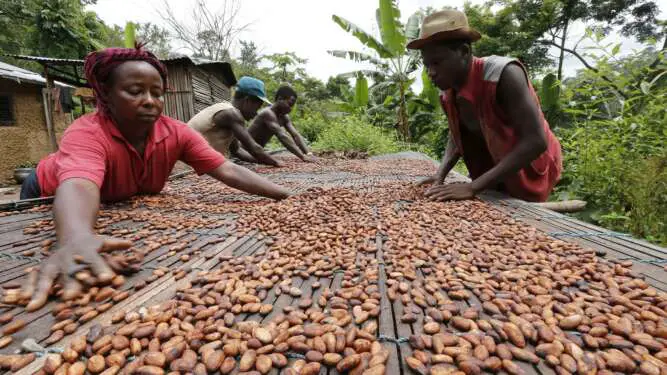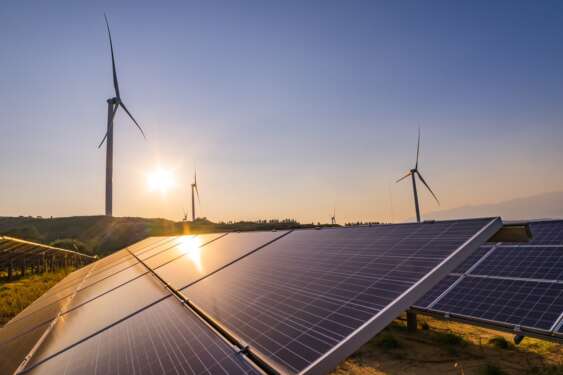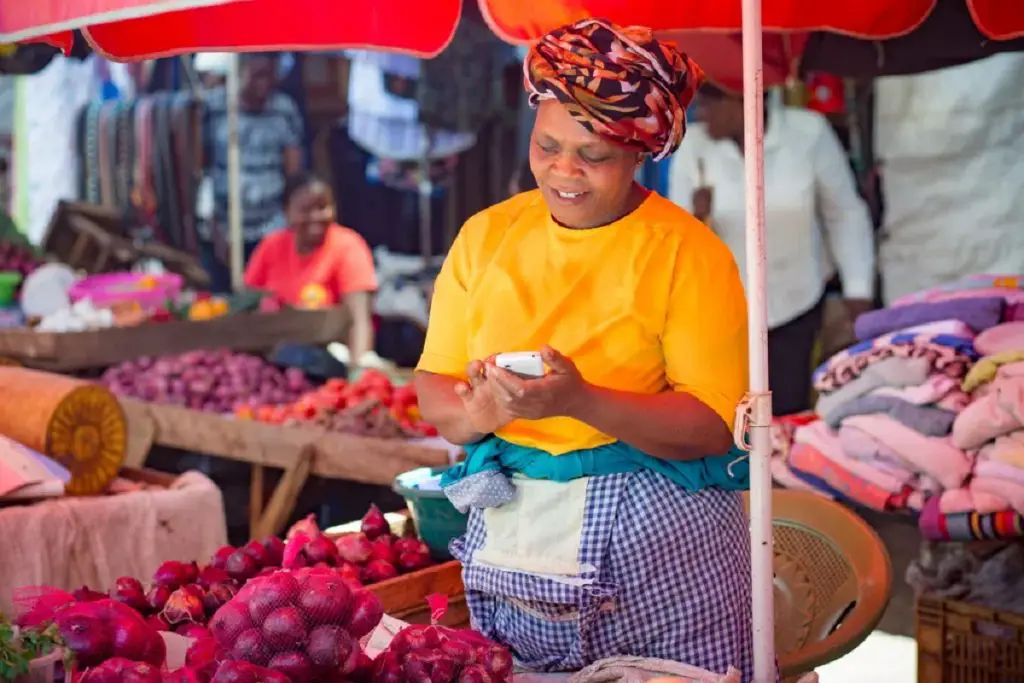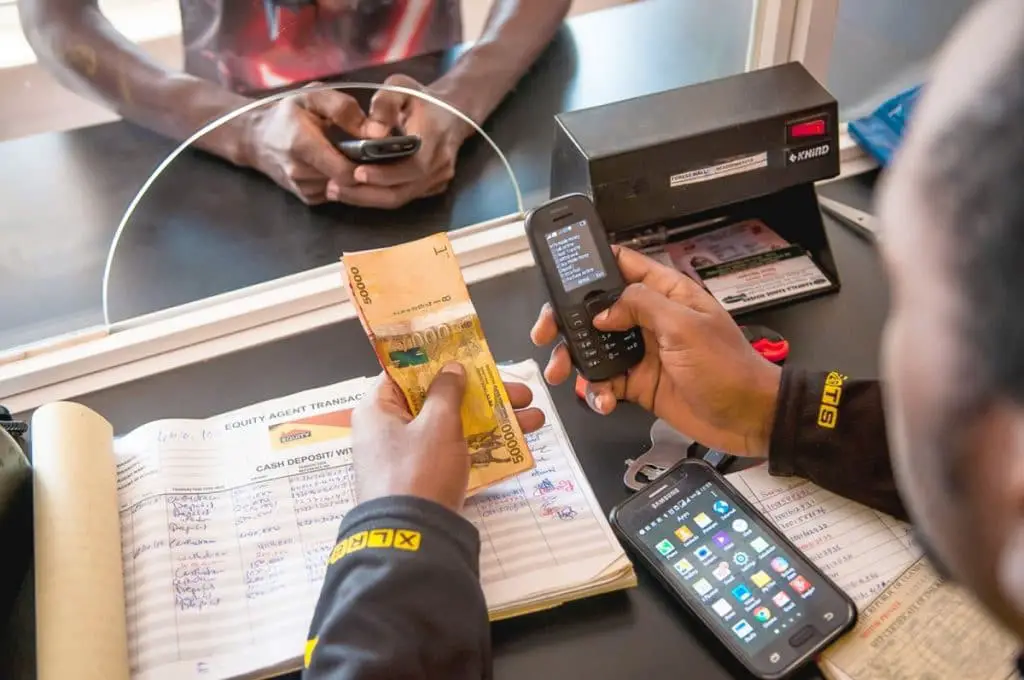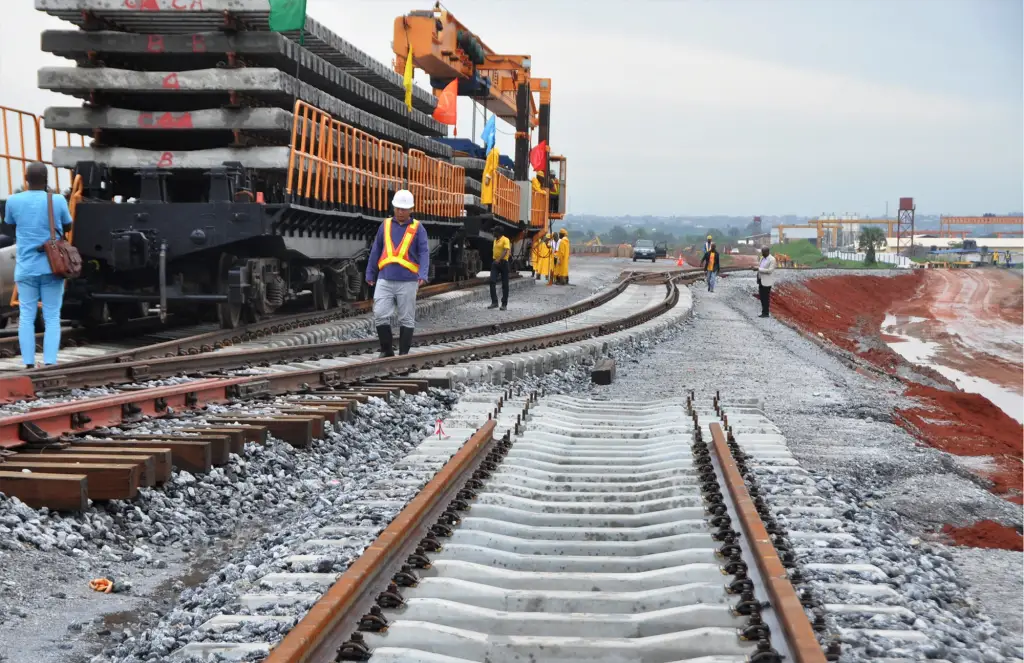- Wärtsilä Energy offers tips on how Africa can navigate energy transition and grid reliability
- Powering Africa: Africa’s Path to Universal Electricity Access
- Global investment trends at AIM Congress 2024: a spotlight on the keynote speakers
- South Africa’s deepening investment ties in South Sudan oil industry
- Agribusiness could drive Africa’s economic prosperity
- Dawood Al Shezawi: Why AIM Congress 2024 is the epicenter of global economic and cultural dialogues
- d.light’s 600,000 cookstoves project verified as top source of quality carbon credits
- Artificial intelligence (AI) could create a turning point for financial inclusion in Africa
Browsing: Sub-Saharan Africa
Ghana is estimated to have produced about 812 thousand tonnes of cocoa beans in 2018/2019.…
In the words of Charles Dickens these are “the best of times and the worst of times” – the financial world is suffering severe labour pains but is also pregnant with possibilities. It appears that the East African business world is breaking early for Christmas but I am sure that all of us are desperately trying to predict the future for both our local economies and the world in general. Here in Uganda we are seeing a significant increase in Covid-19 cases which is, of course, in no way linked to the frantic and socially un-distanced political campaigns currently taking place!! Frankly nothing is certain except considerable uncertainty.
So if there aren´t any certainties then what are the likely economic and consumer trends for 2021?
Economic Trends
It is inarguable that a world economy that was already approaching its peak pre-Covid-19 period has moved rapidly into recession. The effects …
Solar can power the continent’s industrial parks or light up homes whether in remote and isolated areas or in urban areas.…
The female economy is the world’s largest emerging market and could potentially add US$12 trillion to the global GDP by 2025. …
As the World shakes off the effects of Covid-19, the global energy sector has a long way to go to recover, but the baby steps have begun.
In his remarks at the 20th Meeting of the Joint Ministerial Monitoring Committee (JMMC), mid last month, the OPEC Secretary General, Mohammad Sanusi Barkindo, underscored the devastating impact of the Covid-19 pandemic and what he described as ‘…its complete disruption of daily life.’
“These monthly meetings of both the JTC and the JMMC send a reassuring message that we are ready, willing and able to address shifting market conditions”, he said during the video conference.
The SG maintained that ‘…the historic actions taken by OPEC and its partners in the DoC have contributed to an improved balance in the oil market compared to the situation in April, however, the JTC and JMMC must remain vigilant in monitoring market conditions.”
While the global …
Many investors are targeting the sector which has helped expand financial inclusion in Sub Saharan Africa.…
VUCA (Volatility, Uncertainty, Complexity and Ambiguity) in Sub-Saharan Africa presents challenges to doing business that are distinct and unique to each market in the region. Such issues as political and economic risk which affect business decisions and hamper business growth in some climes, language barriers and cultural distinctions which affect communication and understanding in trade and currency value disparities all create opportunities for solutions through strategic government relations.
Also Read:Coveting larger markets: Ethiopia’s bid to join WTO
Forbes®, in defining the meaning of the acronym, explains that ‘Volatility’ refers to rate of change at a market or global scale. The more volatile the market is, the higher its chances of change. ‘Uncertainty’ deals with the level of confidence with which the future can be predicted. Where the market situation is uncertain, there is greater difficulty to predict and anticipate a market shift. ‘Complexity’, which refers …
With Africa being majorly youthful, this crisis could be just what the continent needed to shift from the analogue way of doing things to moving the office online.…
Across the continent to West Africa where we find one of Africa’s largest economies, Nigeria. Here we find another railway deal gone bad, the $500 million Lagos – Ibadan railway.
In a similar manner to Kenya’s SGR debacle with China, which resulted in Kenya sinking heavily into debt that it simply cannot afford to pay and restructure, Nigeria is now finding a similar fate.
According to the country’s Director General for Nigeria’s Debt Management Office (DMO) Patience Oniha, when making a deal with China, ‘…the Chinese determine the cost of projects, give us loans tied to the projects and the projects must be executed by Chinese firms alone.’
It is alleged that not only does China force importation of even the smallest of laborers but also all the equipment and guess where they are imported from? Yes, China.
It is further argued that by so doing, China is using these …
Kenya long-term development blueprint, Vision 2030, seeks to transform Kenya into an industrializing, high middle-income country…





